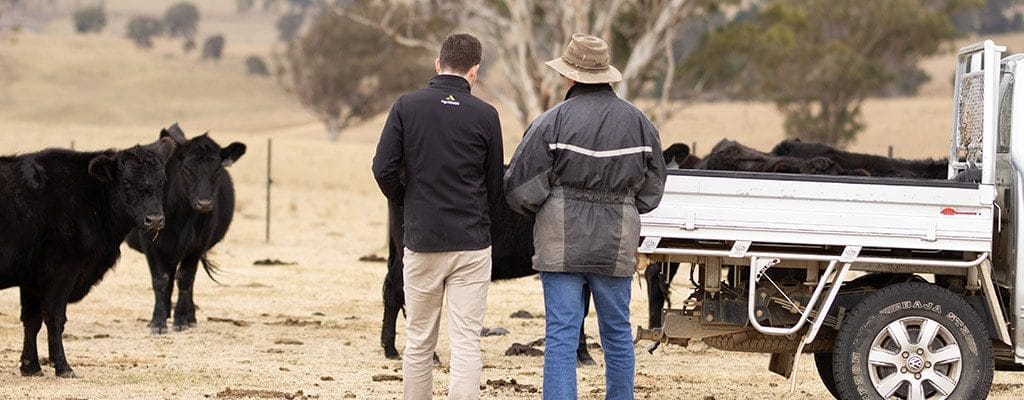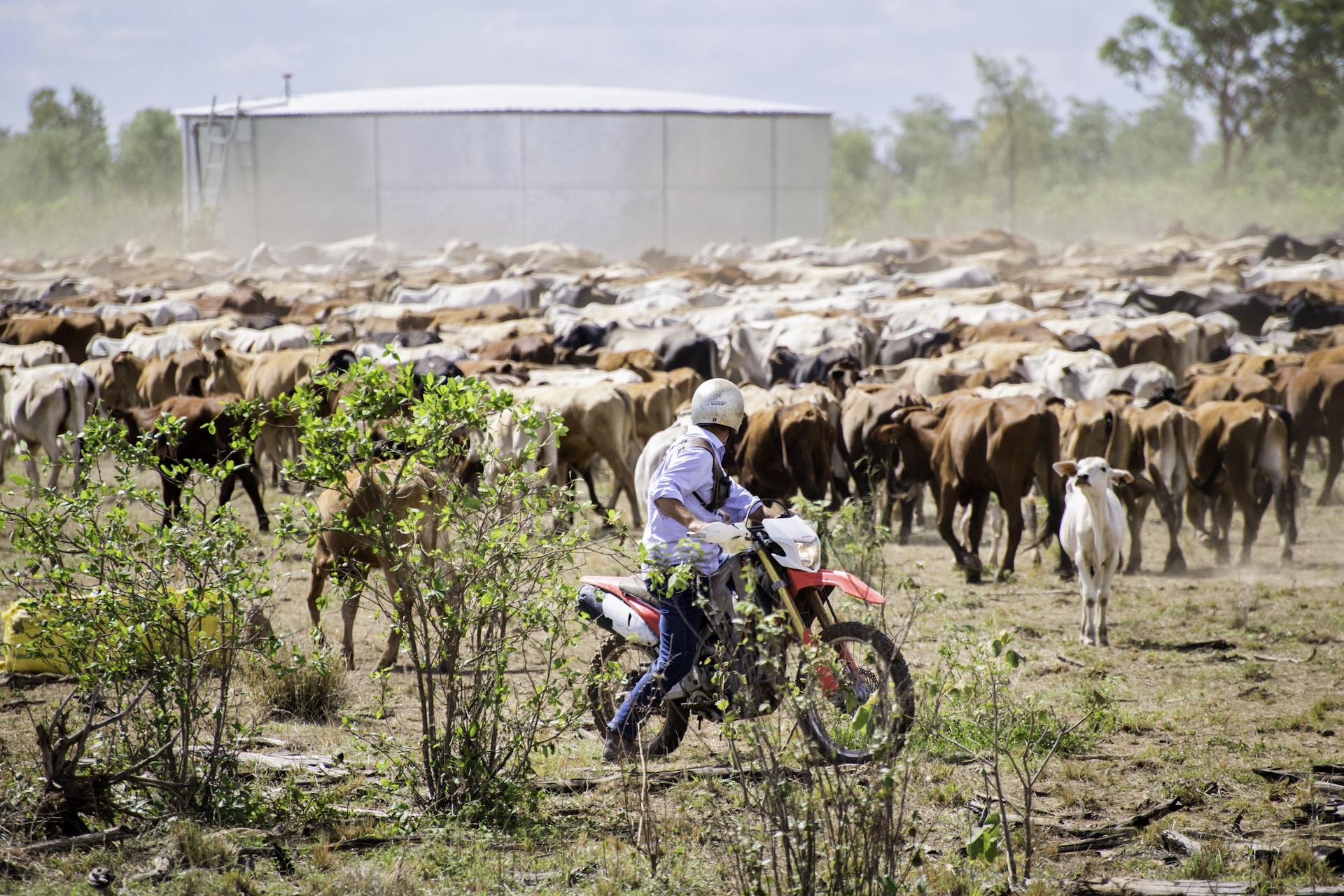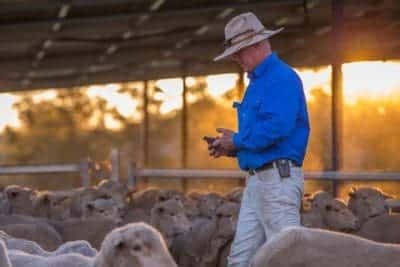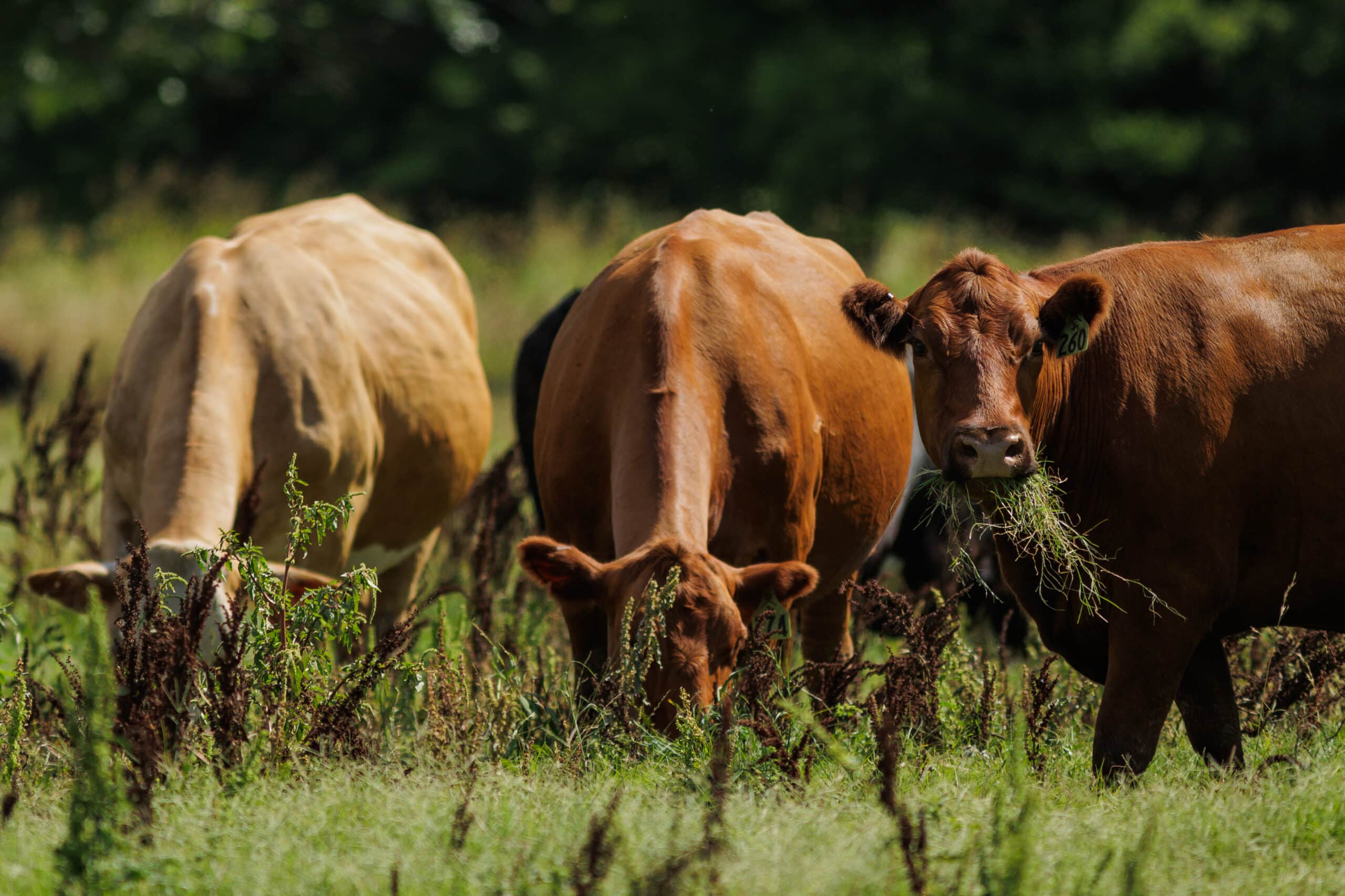Farm Accreditation Schemes: an Overview

Accreditation requirements can be complex, but the advantages are clear. Each accreditation helps to secure your farm’s reputation, allows access to new markets and can add a price premium to the animals produced.
To make it easier to benefit from these accreditation schemes, we’ve laid out a quick overview below. If you’re interested in further information read our full breakdown on the various Australian accreditation schemes, or visit the relevant scheme’s website.
Livestock Production Assurance (LPA)
Meat processors require livestock to be sourced from LPA-accredited farms. One of the many LPA requirements: a valid NVD or eNVD for all livestock movements.
The LPA conducts 3000 random audits each year, so make sure your farm remains compliant. Read more about complying with LPA requirements and passing audits here.
NOTE: Let’s not beat around the bush – this one is a must.
JBS Farm Assurance
JBS’s massive daily processing capacity necessitates having a steady stream of quality animals. One way the company maintains high quality and uniformity is through its Farm Assurance program; in order to sell livestock to JBS, you need to have their accreditation. The good news is that JBS pays a premium for most animals that pass through its processing plants.
JBS accreditation requirements are pretty straightforward but are worth taking seriously; random, independent audits are conducted approximately once each year. Learn more about JBS accreditation and compliance here.
NOTE: A JBS accreditation is an absolute must if you want to receive the premium of, now, up to $.70/kg, that’s an additional $66 a head on a typical 330kg carcass! Requirements are less demanding than you might think.
Meat Standards Australia (MSA)
With 43,000 producers and growing, it’s clear that MSA accreditation carries real benefits: in 2016-2017, beef producers with the accreditation earned an estimated “additional $130 million in farm gate returns”, based on the fact that “the average price differential for MSA young cattle (excluding accredited grain-fed cattle) across all weight ranges was $0.21/kg, and $0.13/kg for cattle that met grain-fed accreditation standards.” – MSA Annual Outcomes Report.
Part of the accreditation process includes six consecutive unannounced monthly audits, so it’s important to ensure you’ve got all of the requirements fully satisfied. Learn more about MSA requirements and compliance here.
NOTE: Produce a superior MSA graded product and ensure you’re paid properly for it. This accreditation scheme has certainly picked up steam in the past few years.
Pasturefed Cattle Assurance System (PCAS)
PCAS accreditation enables producers to officially market their product as grass-fed or pasture-fed. That status provides tangible benefits:
- Premium prices of $0.20/dressed kg
- Increased market access through brand recognition.
Producers who are NLIS, LPA or MSA compliant may have already fulfilled many PCAS requirements. Believe your cattle could qualify as PCAS accredited? Read more about the PCAS certification process here.
NOTE: Premium prices for what you may already be doing… need we say more?
European Union Cattle Accreditation Scheme (EUCAS)
The European market offers substantial price premiums, typically $.15 – .20/kg carcass weight, though fluctuations can be large but access comes with a hefty set of requirements including:
- Remove any HGP (Hormone Growth Promotants) treated cattle or cattle not permitted to be on an accredited property
- Remove any HGPs from the property
- Identify all cattle on the property with an NLIS device
- Reconcile account on the NLIS database
- Record and be able to provide; Cattle inductions and dispatches, farm management records, current accreditation application details, use of replacement devices and the authorisation of vendor declaration signatories.
Once your farm acquires EUCAS accreditation, you aren’t locked into supplying exclusively to the EU. Producers can sell anywhere they please, and opt out at any time.
While the requirements are quite stringent, the rewards gained from accreditation can be significant. Read detailed information on record keeping and other EUCAS requirements here.
NOTE: Access to the European market and the looming potential of a nasty Brexit means this accreditation scheme may become one of the more attractive in Australia.
Your Farm & Accreditation
Because of the high standards demanded by the LPA, Australian farmers are in a great position to transition their diligent record keeping and first-rate farming practices into compliance for other accreditation schemes that offer substantial rewards to help drive bottom line profitability and further reward for your hard work and diligence.
Australian lamb and beef producers are among the best and most regulated in the world. The high welfare, regulatory and record-keeping standards that Australian farmers are held to shouldn’t be looked at as a burden, but considered a pathway to increased profits and ensuring Australia leads the world in delivering safe, premium quality and trusted products for consumers.



